
When traveling to Singapore with items purchased abroad, understanding customs regulations is crucial for ensuring a smooth and hassle-free entry. Singapore is known for its strict customs laws, which are designed to protect its economy and society. Travelers should be aware of the Goods and Services Tax (GST), which applies to all goods brought into the country.
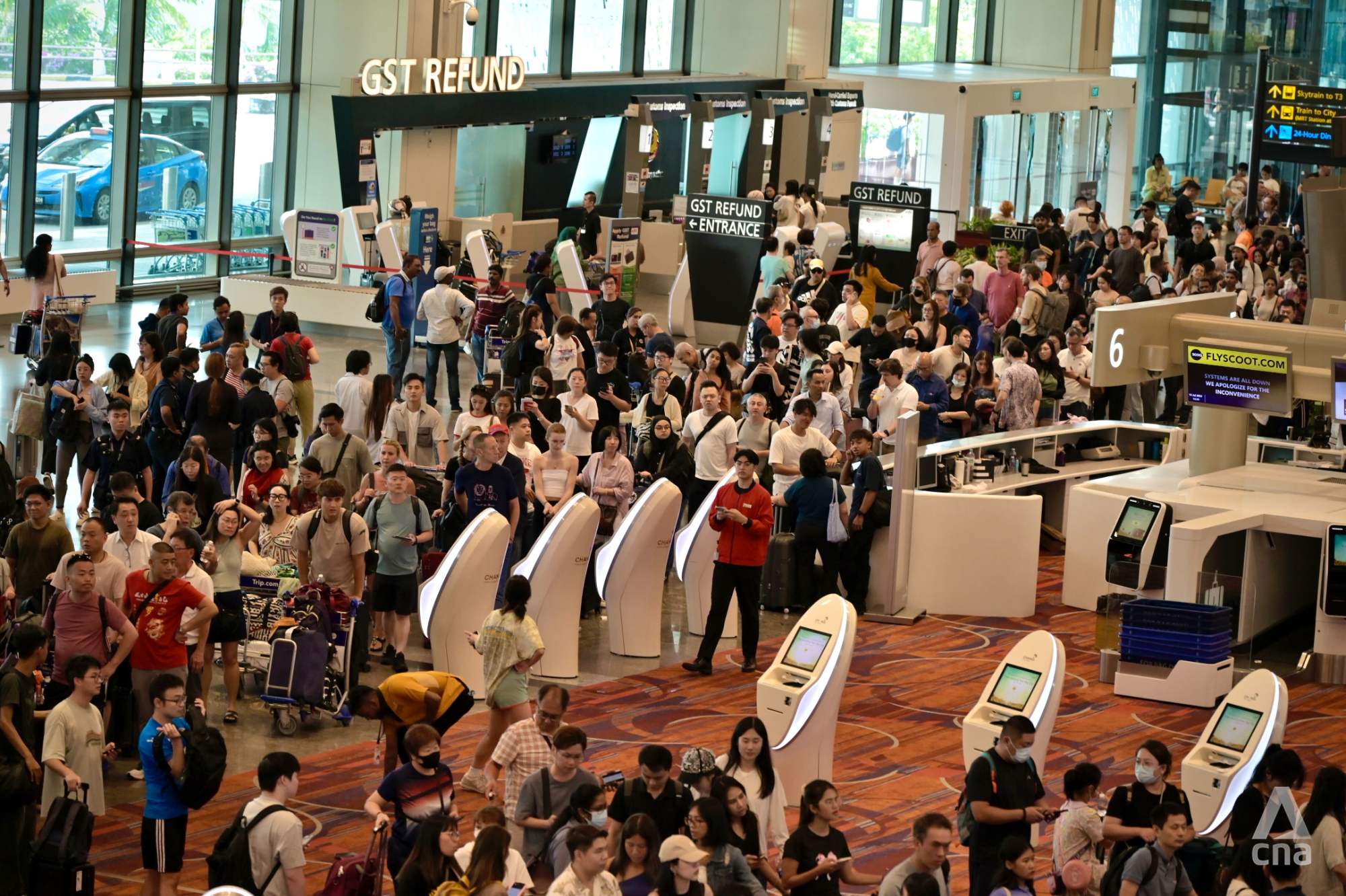
This tax is a significant aspect of Singapore's customs policy and can lead to penalties if not properly managed. Knowing the rules ahead of time can help you avoid complications at the border.
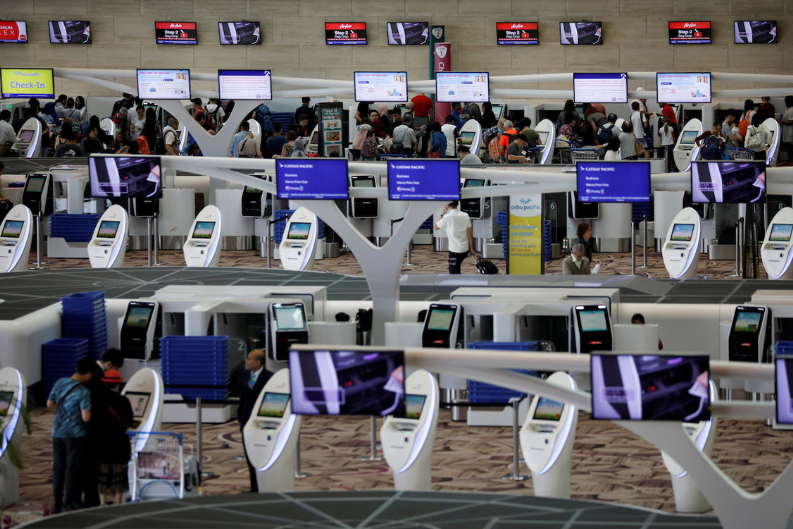
GST Relief Allowances
If you have been overseas for 48 hours or more, you can bring in goods valued up to S$500 (approximately US$390) without paying GST. For trips shorter than 48 hours, the relief limit drops to S$100. This relief is specifically designed to ease the burden on travelers and is a key aspect of Singapore’s approach to tourism.

It’s important to note that this relief does not apply to alcohol and tobacco products, which are subject to higher tax rates. According to The Straits Times, exceeding these limits results in taxable amounts that must be declared either before or upon arrival, potentially leading to fines.
Recent Enforcement Actions
In recent months, nearly 200 tourists faced penalties at Singapore’s land, air, and sea checkpoints for attempting to smuggle cash and evade taxes on imported goods. Reports from Asia One indicated that 153 tourists were caught for failing to declare items, including tobacco, alcohol, and luxury goods.
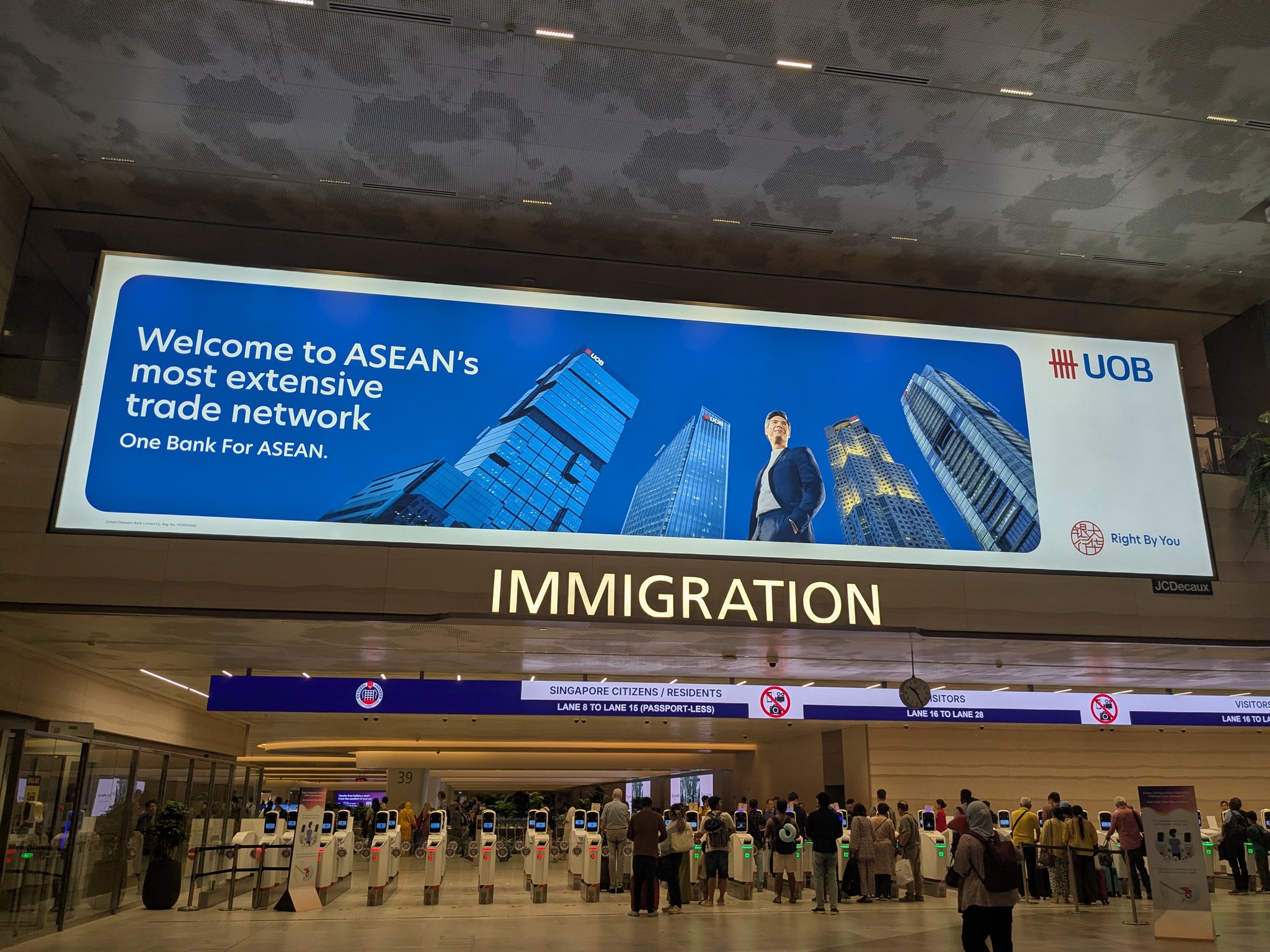
These incidents highlight the importance of being informed about customs regulations and understanding the potential consequences of non-compliance.
Declaration of Goods
Travelers must declare all items acquired overseas, whether they are new purchases or items used during the trip, such as jewelry, designer handbags, and clothing. Singapore Customs mandates that all goods brought into the country are subject to GST, regardless of whether you have already paid foreign sales tax or VAT.

Misconceptions often lead to confusion; for instance, removing price tags or buying second-hand items does not exempt these goods from taxation. Only items already owned before leaving Singapore qualify as personal belongings that are exempt from GST.
Gifts and GST
Another common misunderstanding is that gifts are exempt from GST. In reality, all goods, including gifts, are taxed based on their total value upon entry. If someone gifts you a luxury bag worth S$5,000, you must declare it if it exceeds the GST relief threshold.
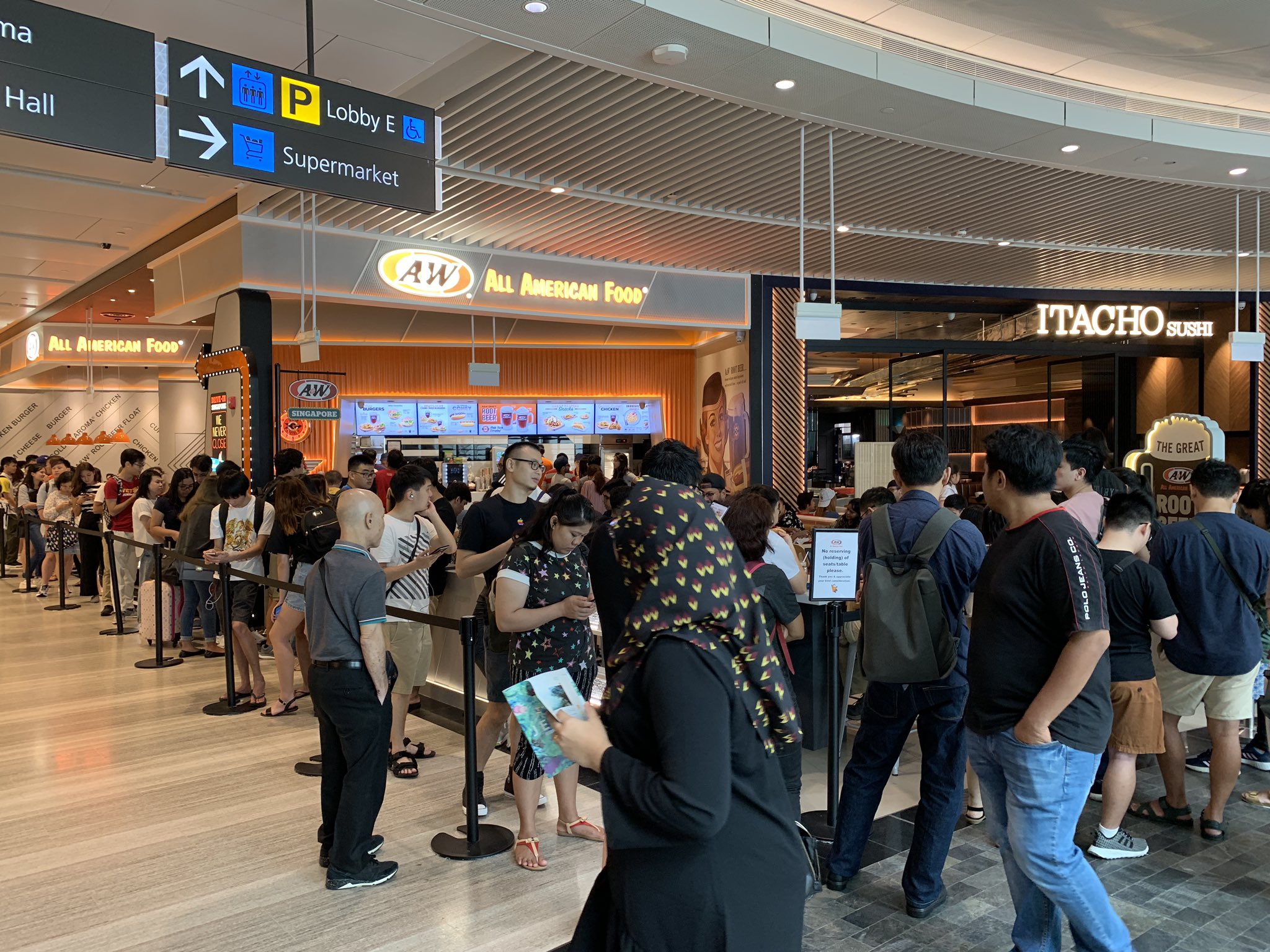
If a receipt is unavailable, customs officers will assess the item's value based on the price of similar goods. This can lead to unexpected tax liabilities, making it essential for travelers to be aware of the rules regarding gifts.
Additional Tips for Travelers
- Know the Prohibited Items: Familiarize yourself with items that are prohibited or restricted in Singapore. This includes certain types of drugs, pornography, and items that may infringe on intellectual property rights. The Singapore Customs website provides a comprehensive list of these items.
- Use the Customs@SG App: This app not only allows for pre-declaration but also provides up-to-date information on customs regulations and guidelines. It’s a handy tool for travelers to have on their smartphones, allowing for easier navigation of customs processes.
- Keep Receipts: Always keep receipts for high-value items, especially luxury goods. This can facilitate the declaration process and provide proof of purchase if customs officers need to assess the value of your items.
- Travel Insurance: Consider getting travel insurance that covers customs-related fines or losses. This can provide peace of mind, especially for high-value items or if you are unsure about what to declare.
- Plan Your Arrival: Arrive at customs checkpoints during off-peak hours if possible. This can reduce waiting times and make the process smoother, allowing you to start your visit without delays.
- Pack Smartly: Organize your luggage so that items requiring declaration are easily accessible. This will speed up the inspection process and minimize hassle during customs checks.
- Consult Customs Officials: If you are ever in doubt about whether an item needs to be declared, consult customs officials at the airport or checkpoint. It’s always better to ask than to risk penalties.
- Stay Updated: Customs regulations can change, so it’s wise to check the Singapore Customs website for the latest updates before your trip. This ensures you have the most current information regarding what you can bring into the country.



















.jpg)

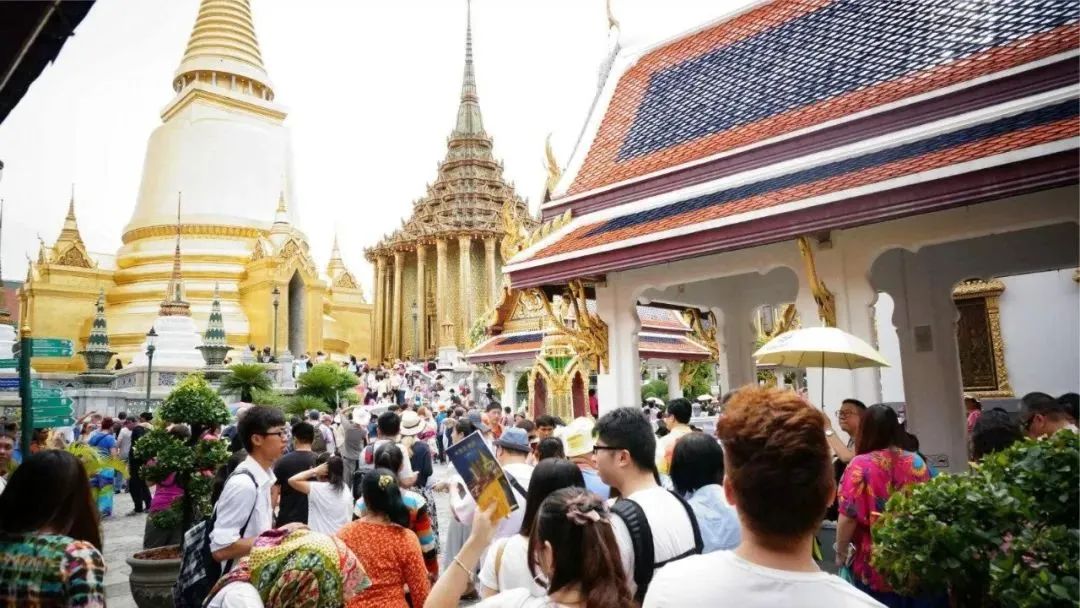


.jpg)












.jpg)



.jpg)
.jpg)



.jpg)
.jpg)
















